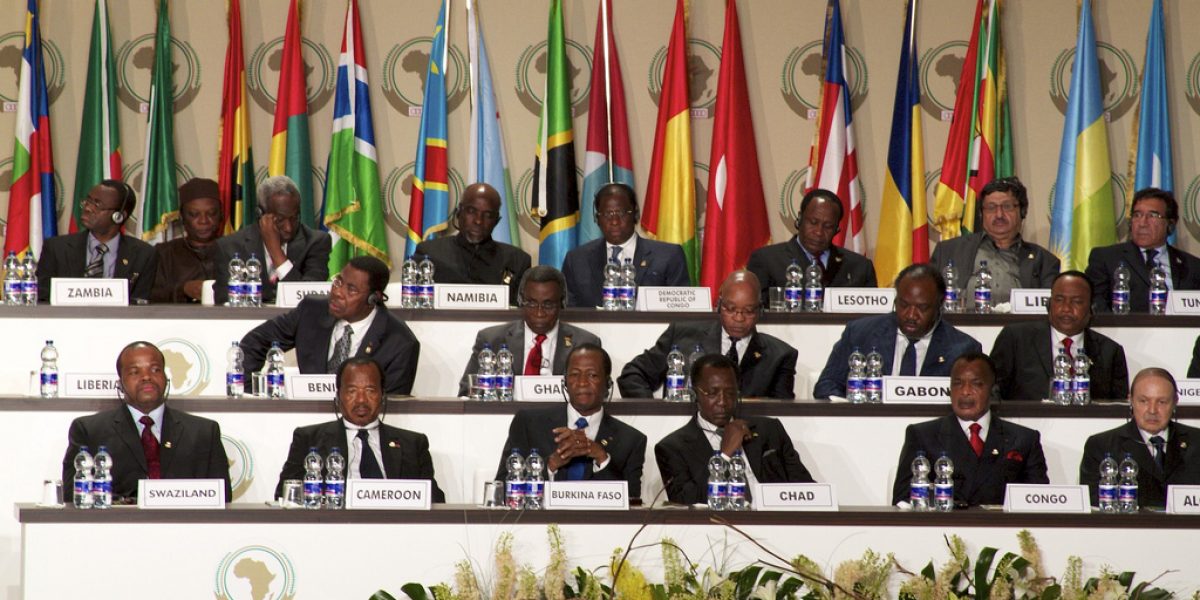Deliberately styled as a ‘peer review’, it encourages representatives from different African countries (and ultimately an assembly of the participating Heads of State – the APR Forum), to interrogate each country’s problems and to propose solutions.
Based on the reports of the six APRM pioneers – Algeria, Benin, Ghana, Kenya, Rwanda and South Africa – although the identification of governance problems is adequate, the recommendations leave a lot to be desired. Firstly, it must be said that any recommendation does at least have the potential to encourage debate. Recommendations highlight issues and suggest at a bare minimum that something must be done about them. However, if the APRM can be considered analogous to hiring a consultant, more than this can reasonably be expected (an African state has to spend an average of US 1-2 million dollars on the review). Are APRM member states getting their money’s worth? Inadequacies in the reports’ recommendations follow a number of themes.
Some have an emotional appeal without actionable substance. Regional integration is an important, and delicate, question in Africa. Should African countries pool their resources and sovereignty? How should the integration process deal with countries’ competing interests? What about the role of cultural and political differences? The report on Algeria says that that country should “be the flag bearer in regional integration as part of efforts to consolidate inter-African and Maghreb relations, given Algeria’s position on the African political chessboard”. It’s rather unclear what Algeria is encouraged to do beyond enthusiastically supporting regional integration. Should it open its borders to all of its neighbours’ citizens? Should it establish an Institute of Inter-African Friendship to encourage scholars and diplomats from Africa’s various regions to interact? These may or may not be workable suggestions, but the recommendation itself is simply too vague to provide a firm guide to action.
The reports also too often call for actions in such broad and ambiguous terms that no real policy guidance is provided. The verb “strengthen” for example, is frequently employed to suggest positive but undefined action that could take any number of forms. The report on Rwanda urges that country to “(strengthen) the right of access by citizens to administrative documents and information”. Likewise, the report on Benin states that the government should “allow the youth to exercise their political rights and to participate in governance”, and the report on South Africa suggests that government finds “creative ways to make Members of Parliament accountable to the electorate and less to the party hierarchy that determines the party list”. These reports would make an outstanding contribution if they could supply more detailed, achievable suggestions together with a rationale as to how they could be achieved.
Some of the recommendations are aspirational: highly idealistic and easier said than done. The report on Kenya – whose recommendations tend to be better fleshed out than those in the others – calls for the acceleration of “the adoption and implementation of a sustainable bottom-up planning system to encourage participatory development”. Similarly, the report on Ghana encourages the government to “engage holistically with corruption”. These suggestions are less adjustments of policy than they are unearthing holy grails, incorporating as they do the various notions of development, democracy, ownership and sustainability. The key question for policy makers is how these goals can be achieved in practice.
The APRM reports are successful in identifying governance issues but often fail when it comes to offering solutions. How can this be remedied? The APRM needs to utilise its strengths. One of these is ‘peer review’. Once a state undergoes the review, its president presents the report to his ‘peers’. The ‘peer review’ is what makes the APRM unique and distinct from other governance programmes. African leaders have an opportunity to work together and assist each other in solving governance issues, thus improving the overall state of affairs on the continent. Since this is a tool already at the APRM’s disposal, it would be more productive if the heads of state could discuss issues for which the report offers no obvious solutions, share their respective experiences of dealing with these issues in their countries and collectively come up with possible solutions. The potential of APRM to foster continental cooperation has thus far not properly been realised. Dr. Chris Stals, a former member of the Panel has said that it was a disappointment that APRM signatory countries were not pooling their efforts to assist one another in dealing with the problems. Encouraging this in future should be a key objective of the Panel and its soon-to-be appointed members.
Another option would be to shop the problems around to universities, policy institutes and NGOs and call for suggested solutions. This could be done by approaching institutions directly, or perhaps by setting up a website on which particularly intractable problems can be set out and suggested solutions invited – along the lines of an academic “Call for Papers”.
Finally, there is no shame in admitting that no obviously solution is apparent. The report might recommend further research (the report on Kenya does this on occasion).
At present what is offered is frequently insufficient to serve as a concrete policy guide. Having done a creditable job of outlining problems facing African countries, the APRM should now shift its focus to providing practical guidance. The APRM opens a unique opportunity for countries to have policy and problems interrogated by a ‘brains trust’. The challenge now is to come up with practical ways of dealing with the identified problems, either through strengthening ‘peer review’ or through the suggested academic consultation.








